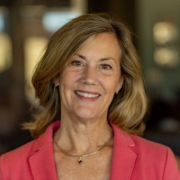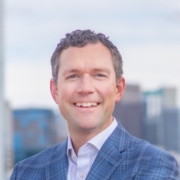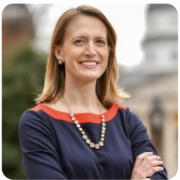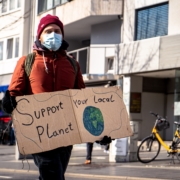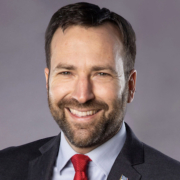Equitable Energy Transition for a Sustainable Future
2023 Ideas Challenge Entry
Rochester Mayor Kim Norton is putting Rochester on a path to address climate change and make an equitable transition toward a clean energy future. The city’s co-designed task force is engaging with the community to forge the path ahead, and their new Sustainability and Resiliency Commission will prioritize their 107 delineated goals and recommendations. The city council, in agreement with the municipal power agency, agreed to move to 100% renewable energy by 2030 and transition the city and downtown into a geothermal energy district. Additionally, the city has adopted GHG standards, a new development code, a universal transportation plan, and is moving toward required benchmarking for buildings citywide (after a successful voluntary effort of well over 100 buildings).
Norton helped secure a federal Energy Efficiency and Conservation Block Grant funding for education and outreach to diverse and underserved community members to ensure their participation in the clean energy future. And have also secured $2 million in federal funds for a district energy project.
Impact:
The city has found that the cost of the energy transition, despite some initial concern over costs, is often cost-neutral and may even be lower due to the federal funding opportunities. Several of the buildings have seen marked decreases in energy use. Norton’s efforts have helped to increase solar uptake by residents, which is expected to increase further with federal funding and ongoing community education efforts.

